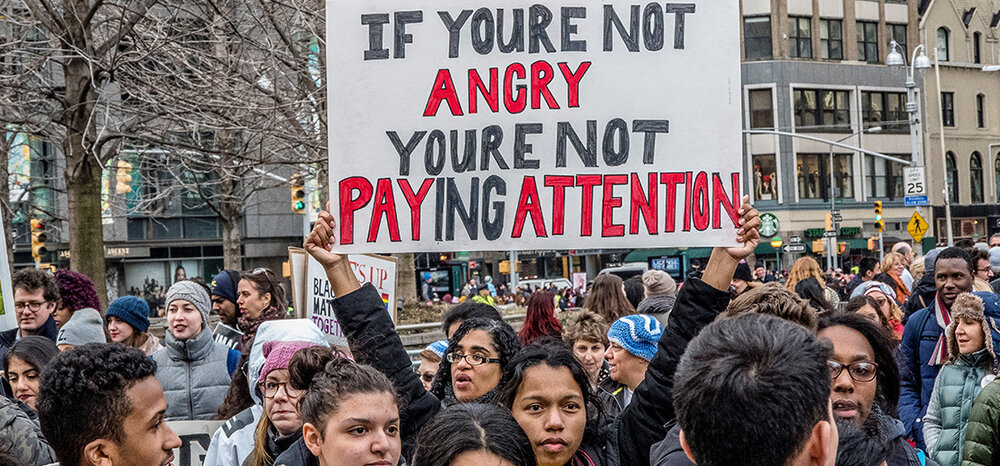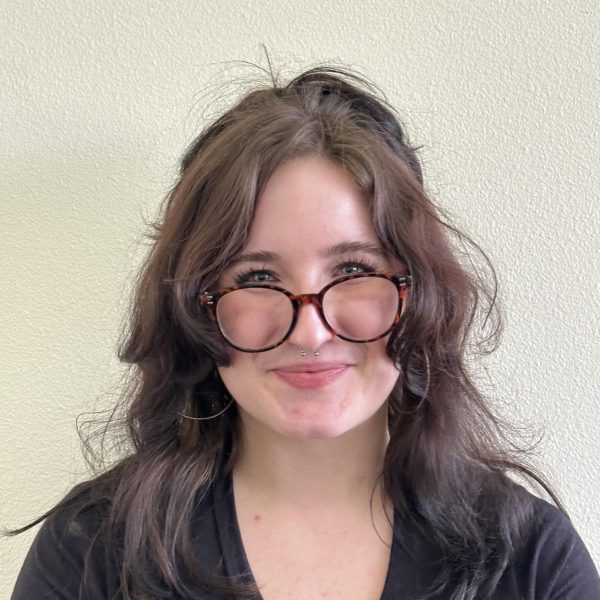When I was 15, I entered a relationship that would change the trajectory of my life forever. From March to November of 2019, I was stuck in a cycle of abuse with a boy who claimed to do what he did out of love. Whose anger left bruises on me like temporary tattoos. Whose words and actions left me feeling out of control, like my choices, my body, and my sexuality were not my own. The unspeakable horrors that I faced were dehumanizing, disgusting, and worst of all not uncommon.
One in three women have faced violent, physical sexual assault in their lifetime. According to the AAU’s Campus Climate Survey, 25% of female students on college campuses reported being sexually assaulted. Between 2015 and 2021, the number of sexual assaults that were reported rose by 23%. Though these statistics are staggering, they are not just numbers; they represent the lives of survivors like myself, who bear the physical and emotional scars of sexual violence. Survivors who have faced the all-too-common disbelief, victim-blaming, and ostracism from friends, family, and society. Survivors who are often left to navigate their trauma alone.
As Sexual Assault Awareness Month takes center stage in April, we’re reminded of the need to amplify the voices of survivors and strengthen our efforts in prevention, education, and support. This month raises awareness about sexual violence and promotes prevention and education efforts on college campuses nationwide, providing a platform for survivors to share their stories and advocate for change. Throughout the month, colleges are encouraged to participate in events like Denim Day on April 24th, which was founded when a woman’s story was not being believed because of how her jeans fit her. Denim Day is a day to stand against those who place the blame on the survivor, a day to make a statement with your clothing as a way to protest against the harmful misconceptions that surround sexual assault.
Sonoma State is one of many colleges that are not only participating in Denim Day but are hosting events all month long. On April 9th, the Student-Athlete Advisory Club (SAAC) & Confidential Advocacy program at Sonoma State hosted a Healing Through Movement Field Day, in the hopes of spreading awareness for Sexual Assault Awareness Month and bringing the campus community together. “We wanted to acknowledge that each survivor will have their own unique healing journey, and we wanted that to be represented,” says Kellie Douglas, Sonoma State Confidential Sexual Assault Victim’s Advocate Coordinator. “Whether someone heals through therapy, art, self-care, journaling, or movement – each healing journey is valid and deserves support.”
It is important to recognize that SAAM is not just about raising awareness, it’s also about fundamentally changing the way we approach and support those who have endured the unimaginable. “I think it’s really important that we change the way we discuss sexual assault,” says Livinia McKibben, a fourth-year psychology student, “Saying that ‘she’ was assaulted takes the focus off the perpetrator. She wasn’t just assaulted, he assaulted her.” McKibben highlights the need to shift the conversation away from victim blaming and towards holding perpetrators accountable for their actions. This perspective encourages us to examine the language we use when discussing sexual assault and its impact on survivors. It forces us to confront the uncomfortable truth that someone, oftentimes a man, made the conscious choice to sexually assault someone else.
Creating a dialogue around sexual assault on college campuses can be difficult, as some students may feel uneasy about it. Molly Crayne-Gardner, a fourth-year criminology major, says she often feels alone in these conversations. “Whenever the topic comes up in one of my classes, I’m usually the only person actively participating,” Gardner says. “It feels like other people are either too scared to talk or just completely uninterested. Which is tough, because it’s such an important discussion to have.”
Sexual assault is undeniably a difficult thing to talk about, and even I have moments where I feel anxious discussing my own experiences with it. Yet I recognize that avoiding these discussions is only adding to the issue at hand. By remaining silent, we often unintentionally contribute to the culture of hoping a problem will go away if we don’t talk about it. But it’s by having open and honest conversations that we can begin breaking down these barriers.
While April serves as a time to shine a spotlight on the importance of addressing sexual violence, we have to recognize that support for survivors must extend far beyond this one month. The journey toward healing and justice is a year-round endeavor and supporting survivors starts with actively listening to their stories with empathy and understanding. It means creating a safe and non-judgmental space where they can share their trauma without the fear of disbelief or dismissal. It means standing with survivors, believing their stories and working together to create a safer and more just world.
Those interested in resources on campus can reach out to Confidential Advocacy, CAPS, OPHD, the University Police, and the Basic Needs Initiative Program. Kellie Douglas says that Confidential Advocacy is a great place to start and that by coming to her, “a student is given a safe space to process what they experienced. Completely confidentially, we can talk through the experience, what their options are, and start to process what happened, before any decisions have to be made. By utilizing confidential advocacy, the decisions are entirely up to the student, and I am merely a support person for them – 100% on their side.”





![[Both photos courtesy of sonoma.edu]
Ming-Ting Mike Lee stepped in as the new SSU president following Sakakis resignation in July 2022](https://sonomastatestar.com/wp-content/uploads/2024/04/CC4520AB-22A7-41B2-9F6F-2A2D5F76A28C-1200x1200.jpeg)




























